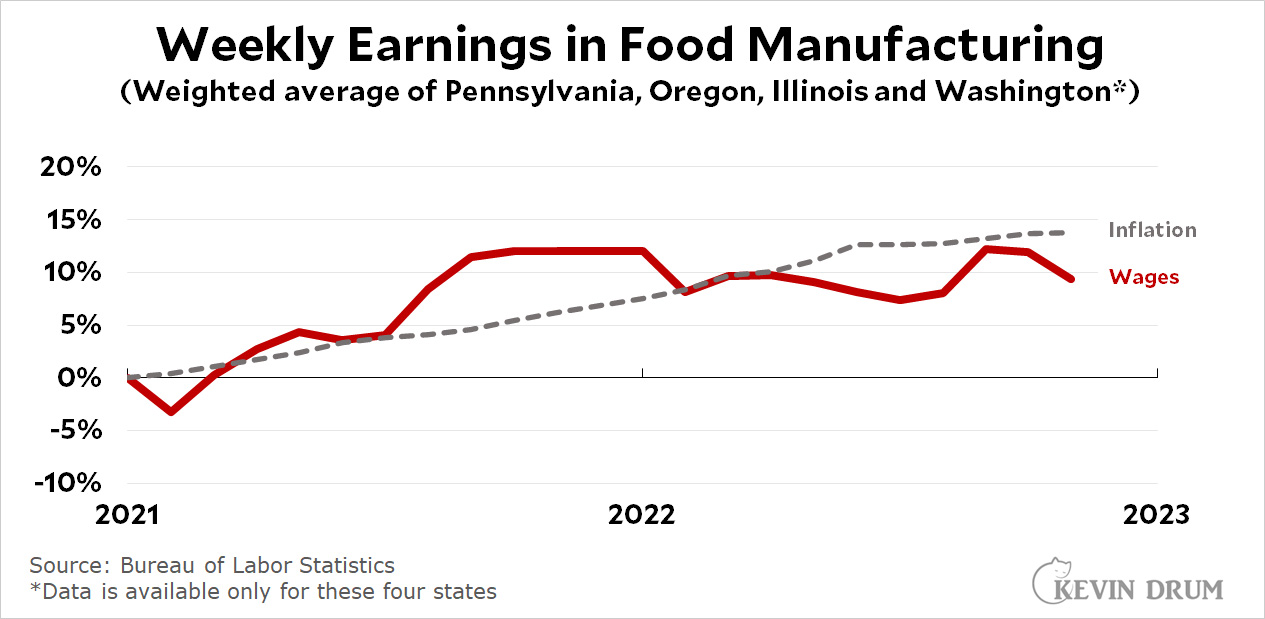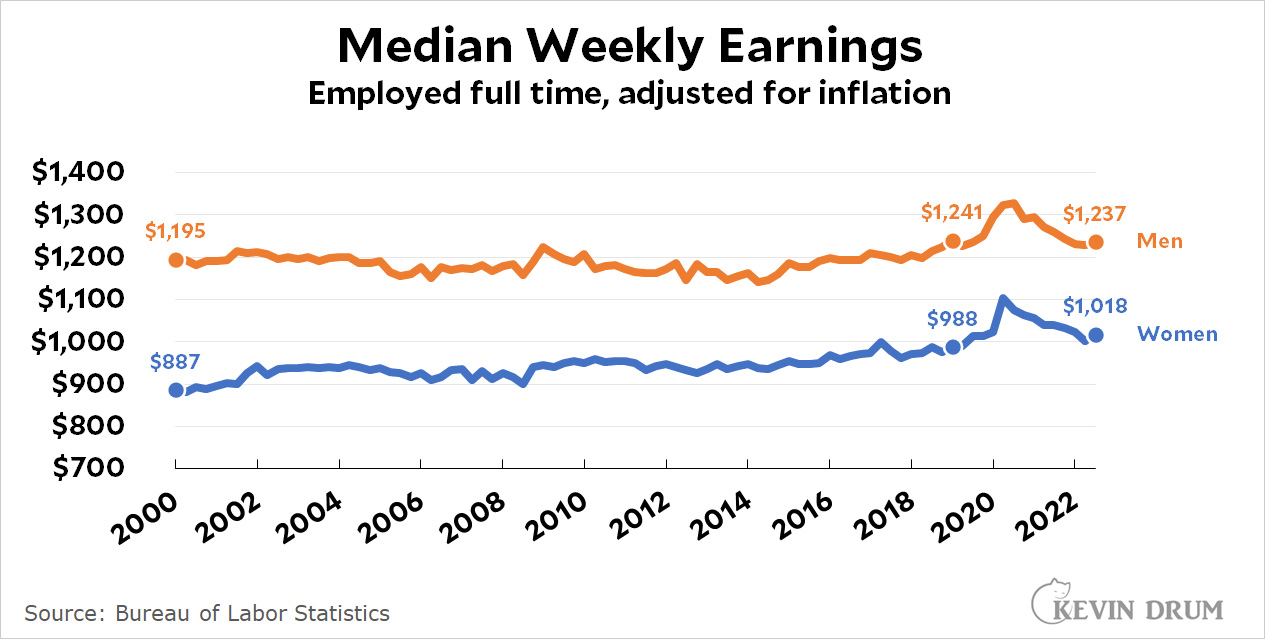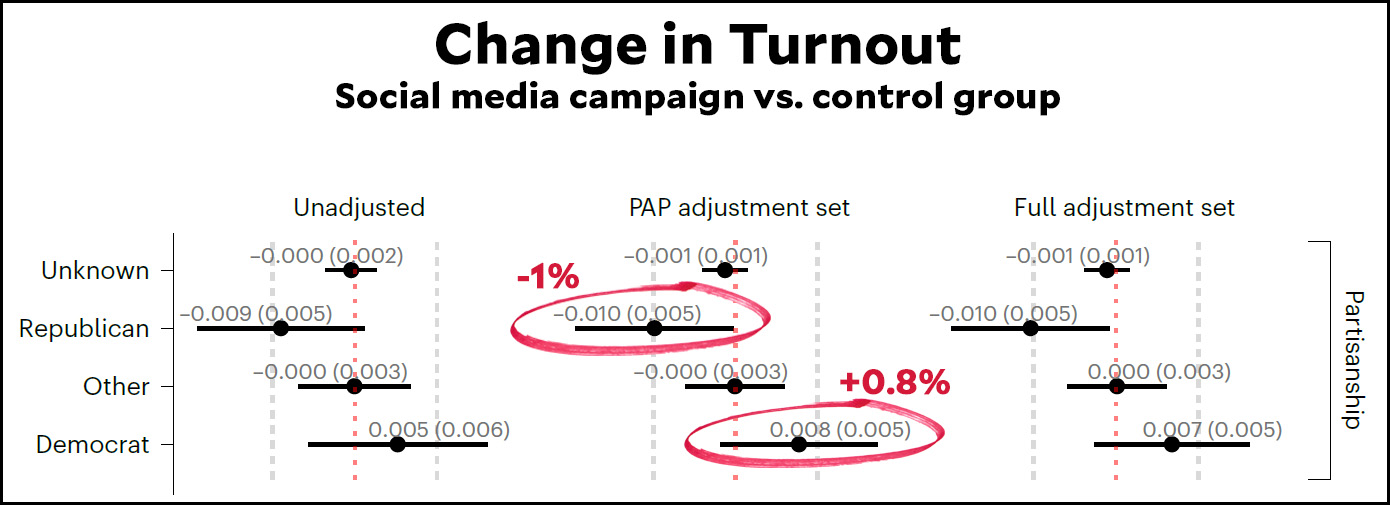I'm probably going to regret this, but L'Affair Bostrom has intrigued me. Here's the background.
Nick Bostrom is a professor of philosophy at Oxford University who did something unfortunate 26 years ago: he engaged in an online conversation with a bunch of other 23-year-olds on an email listserv. The topic was communication styles, and Bostrom averred that he liked blunt talk. Unfortunately, the example he came up with was . . .
Blacks are more stupid than whites
. . . as an alternative to:
On average, Black people score lower on standardized IQ tests than white people.
In the email, he followed this up with a complaint that the blunt version of the statement strikes most people as no more than:
I hate those bloody n-----s!!!!
So far there's no controversy. Everyone, including Bostrom, agrees that this was idiotic, offensive, and repulsive. Bostrom apologized for it within 24 hours of writing it, and there it would have lain for the next 26 years, untouched and unknown, except for one thing: Bostrom apparently caught wind that someone was trawling through the old archives of the listserv looking for offensive stuff to use in "smear campaigns." Instead of waiting for this to happen, he posted a preemptive apology a week ago.
This blew up a corner of the internet because the apology—as usual—was deemed insufficient and insensitive. Here it is:
I completely repudiate this disgusting email from 26 years ago. It does not accurately represent my views, then or now. The invocation of a racial slur was repulsive. I immediately apologized for writing it at the time, within 24 hours; and I apologize again unreservedly today. I recoil when I read it and reject it utterly.
What are my actual views? I do think that provocative communication styles have a place—but not like this! I also think that it is deeply unfair that unequal access to education, nutrients, and basic healthcare leads to inequality in social outcomes, including sometimes disparities in skills and cognitive capacity. This is a huge moral travesty that we should not paper over or downplay. Much of my personal charitable giving over the years has gone to fighting exactly this problem: I’ve given many thousands of pounds to organizations including to the SCI Foundation, GiveDirectly, the Black Health Alliance, the Iodine Global Network, BasicNeeds, and the Christian Blind Mission.
Are there any genetic contributors to differences between groups in cognitive abilities? It is not my area of expertise, and I don’t have any particular interest in the question. I would leave to others, who have more relevant knowledge, to debate whether or not in addition to environmental factors, epigenetic or genetic factors play any role
Peter Wildeford explains why he was offended:
Bostrom’s apology was absolutely idiotically executed and showed a stellar amount of indifference to the harm that his original email and expressed views caused.
But this isn't true. Bostrom's original email caused almost no harm and would have continued to cause no harm except that someone apparently planned to dredge it up and attack Bostrom with it. This is the person who caused harm.
What else? Other commenters have suggested that the apology was "defensive"; that it spent too little time apologizing; that it was tone deaf; that it didn't offer to make amends; and that it showed a lack of empathy toward the people Bostrom is apologizing to. Wildeford himself is upset at Bostrom's "smug and arrogant social ineptitude and flagrant dismissal of this incident."
Matt Yglesias takes a different view: Since Bostrom's original email recommended that offensive views should be dressed up for public consumption, maybe that's all he's doing here. "Under that circumstance, you face an unusually high bar if you want to genuinely persuade people that you have genuinely changed your mind....To my eye the 'apology' totally failed to meet that bar."
I don't really buy any of this. Bostrom has been a highly public and widely published figure for the past 26 years, and I don't know how a bar can be any higher. If he's done nothing in 26 years to suggest he has racist views, either he's not a racist or else he's a liar who could give George Santos a run for his money.
Nor do I really buy all the tonal criticisms. No apology has to be perfect, and the intent of Bostrom's seems fairly clear. We should do our best to give apologies a fair reading, not an obviously hostile one.
But then there's one more weird thing: After the excerpt I cited above, Bostrom abruptly veers into a short discussion of eugenics. Why? Everyone seems to be assuming that it demonstrates a deep well of racial obsession that bubbles up in Bostrom's brain constantly, which he doesn't have the self-control to shut up about. But I don't think that's right. Bostrom is deeply involved in the bioenhancement movement—which some people associate with eugenics—so he probably figured he needed to address it since it was certain to come up. Unfortunately, he puts it this way:
Do I support eugenics? No, not as the term is commonly understood.
This is pretty obviously open to mockery, and he really should have had the smarts to choose different wording. The point he wants to make is that in "contemporary academic bioethics" the word eugenics is sometimes used in the sense that parents should have access to genetic screening and, presumably, the choice to enhance their children if they wish to do so. Bostrom apparently (?) supports this, and wants to make sure that if anyone suggests he's ever written something that "endorses eugenics," this is all he was referring to.
My view is that the real villain of this episode is the person who was planning to attack Bostrom by dredging up this old email (assuming that such a person actually exists). Beyond that, I think that a fair reading of the apology convicts Bostrom, at most, of some awkward writing, but no more.
Finally, there's this: I have thought for some time that the art of apologizing has gone off the rails. In social media land, it's virtually impossible to offer an apology that doesn't attract mountains of criticism. For one reason or another, apologies are never good enough—it's a "non-apology apology"; you can't unring that bell; it showed too little appreciation of the deep harm that was caused; you need deeds, not just words; etc.—and this is so no matter how they're phrased or what they're about.
I'd just as soon not add to this. Let's save the pile-ons for genuinely insincere or tone-deaf apologies.











